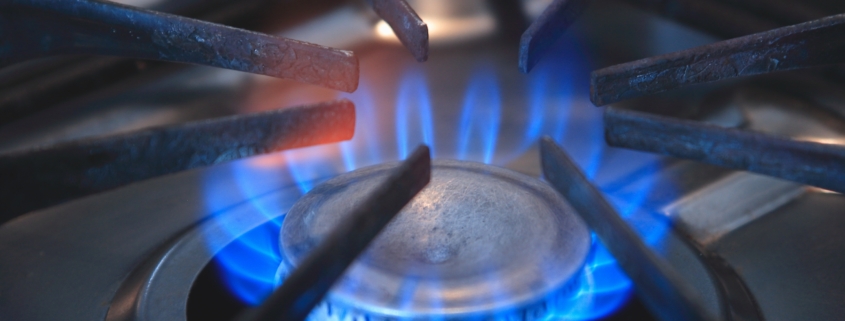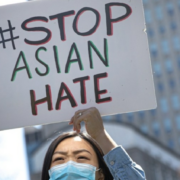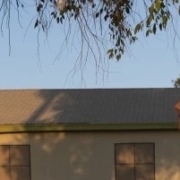Keeping the Stove On: COVID-19 and Utility Debt
New research from UCLA Luskin collaborators finds that gas bill debt—unpaid bills for heating and cooking gas—is unevenly distributed among many Californians. The report, co-authored by the Center for Neighborhood Knowledge in partnership with the Latino Policy and Politics Initiative (LPPI) and the Luskin Center for Innovation, highlights the extent and consequences of this debt.
The study reveals clear patterns of inequity: neighborhoods with high gas bill debt rates also have higher poverty rates, lower incomes, more renters than homeowners, and higher proportions of Black and Latinx residents than the average neighborhood served by SoCalGas.
“When higher-income households stop using gas, lower-income households may be saddled with higher and higher gas costs,” said Dr. González. “It is essential to make electrification equitable, which means households don’t get left behind or stuck with increasingly unmanageable energy costs.”
This study is the third and final in a series examining utility debt inequity during the COVID-19 pandemic. Previous policy briefs focused on unpaid utility bills among Los Angeles Department of Water and Power and Pacific Gas and Electric Company customers.
This report can be accessed here: Keeping the Stove On: COVID-19 and Utility Debt












Leave a Reply
Want to join the discussion?Feel free to contribute!